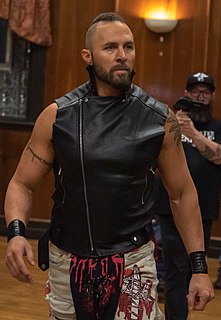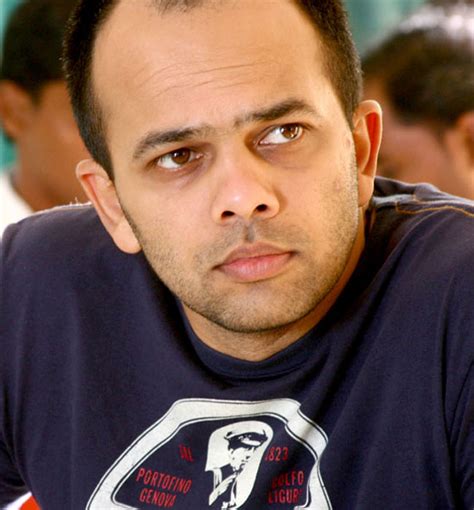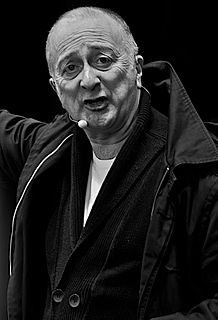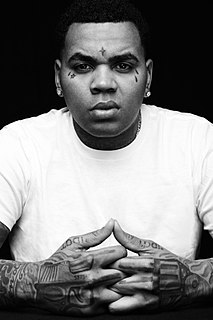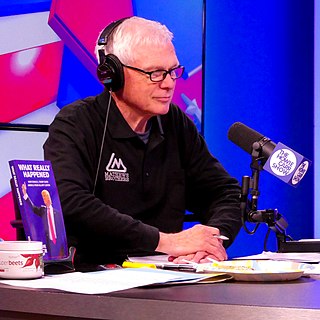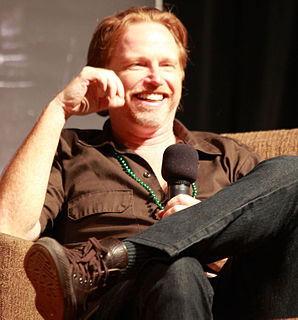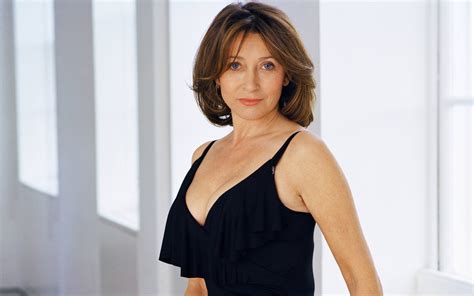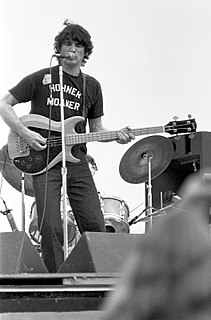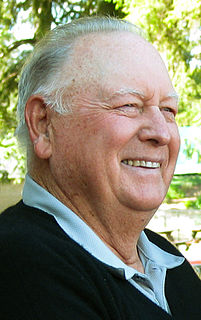A Quote by Robert Webb
I was an usher at the Lyric Theatre Hammersmith. You had to watch whatever play they had on 40 times.
Related Quotes
And then there were the wallflowers who had recognized for years that the thing was hopeless, who had found in that information a kind of calm. They no longer tried, with a bright and desperate effort, to sustain a conversation with somebody's brother, somebody's usher, somebody's roommate, somebody's roommate's usher's brother... The category of wallflower who had given up on all this was very quiet, not indifferent, only quiet. And she always brought a book.


